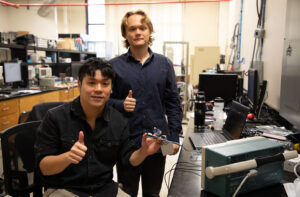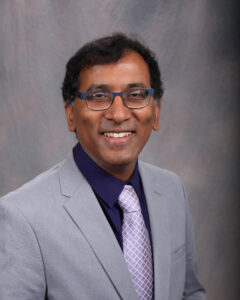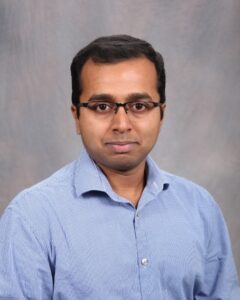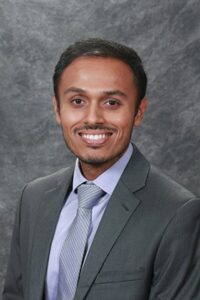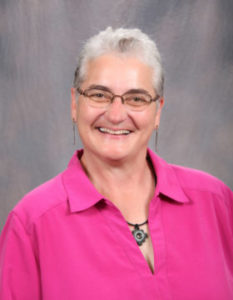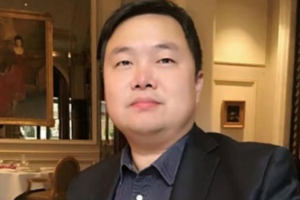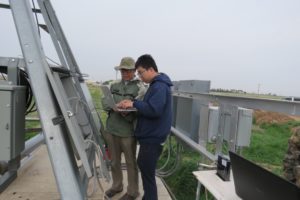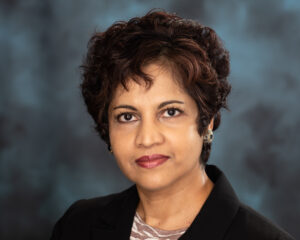We are pleased to announce the following 60 MS & 3 PhD students will be graduating from ECE’s Computer Engineering Systems Group (CESG) on Saturday, May 10.
Appreciation and respect are extended for their years of dedication and integrity while here. We trust they are leaving the ECE Department and CESG program with the background, knowledge and confidence to pursue/continue their careers and dreams in areas related to cybersecurity, virtual reality, robotics, VLSI, data science, networking, architecture & systems and more.
We hope the Class of ’25 will have fond memories of their time in Aggieland and apply the Aggie Core Values throughout their lives – Excellence, Integrity, Leadership, Loyalty, Respect, and Selfless Service – all for the greater good.
✯Doctorate Degrees
Dr. Souryendu Das (Advisor: Stavros Kalafatis)
Dr. Naheel Faisal Kamal (Advisor: Sunil Khatri)
Dr. Chandrahas Tirumalasetty (Advisor: Narasimha Reddy)
✯Master of Science Degrees (with Thesis)
Brian Lee (Advisor: Sandip Roy)
Bilal Zahid Hussain (Advisor: Irfan Khan; Continuing in CESG’s PHD program)
Prathik Vijaykumar (Advisor: Srinivas Shakkottai)
✯Master of Science Degrees (Non-Thesis)
» Jashwanth Chandhra Adama
Mohina Ahmadi
Layan Al-Huneidi
Pranav Anantharam
Ankitha
Sushmitha Bangarwa
Suman Surendra Bharadwaj
Hunter Britton
Arjun Chakkrapani
Cheng Feng Chan
Emily Chang
Sri Sai Pranav Damarla
Rajarshi Das
Harsharaj Devadiga
Arjun Easwaran
👍
Sai Ravi Teja Golla
Sai Manish Gopu
Radha Goswami
Jonathan Gover
Rajat Hedge
Hui Huang
Andrew Hunt
Angelina Ibarra
Rajat Jaiswal
Preethaa Jansi Rani
Ravi Kumar Jha
Neha Joshi
Rahul Ravi Kadam
Sujaysimha Kandachar
Adithya Kannan
Sree Kanthamraju
Shubham Kulkarni
📜
Nikhil Mathur
Prachi Anil More
Greeshmanth Nadella
Kranthi Vardhan Narra
Abhinav Reddy Oruganti
Dinesh Kumar Palani Samy
Akshat Pandey
Hemadri Rao Pandrapragada
Shubhangi Priyadarshi
Vaibhavi Rastogi
Eric Lloyd Reyson Robles
Ankit Kumar Sahoo
Govardhan Kumar Sanapala
Aniruddha Sharma
Sushant Vijay Shelar
Chia-Hsiang Shyu
Manjeet Singh
Poorani Sinouvassane
Navadeep Somashekar
Venkatachalam Srinivasan
🎓
Arunkumar Tamilselvan
Bhanu Sahithya Vattikuti
Mingxin Wei
Wei Chen Wei
Kuei-Ching Yang «
⭐Graduates, please accept a well-deserved “🎉Congratulations!” from CESG faculty & staff.

 Friday, April 25, 2025
Friday, April 25, 2025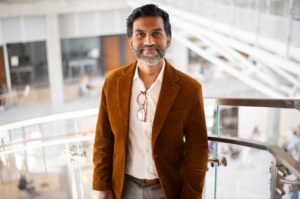
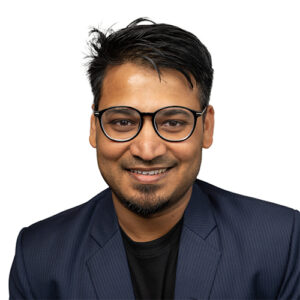 Friday, March 25, 2025
Friday, March 25, 2025
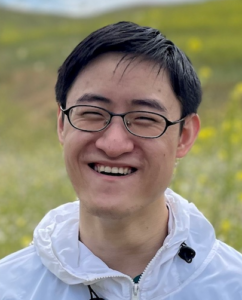
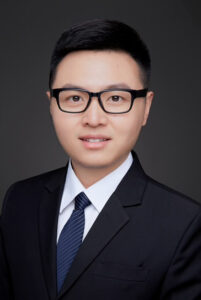


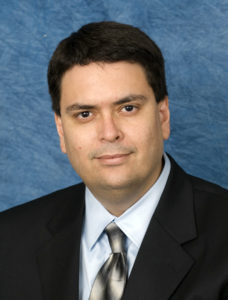
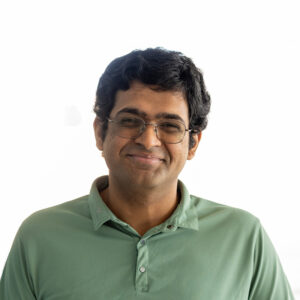

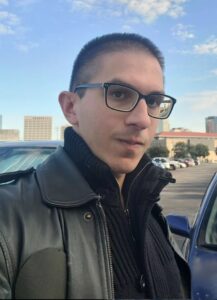


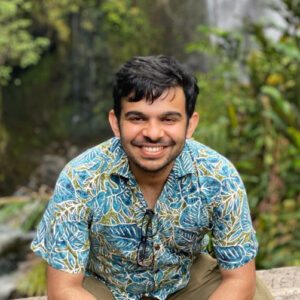

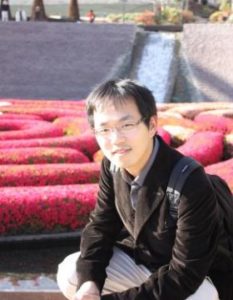
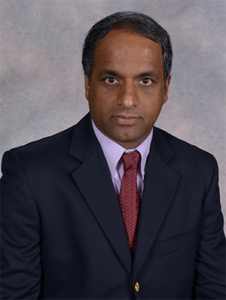


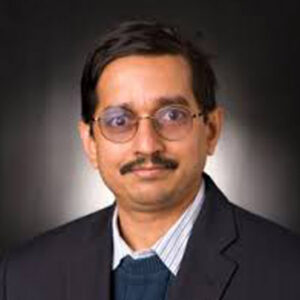



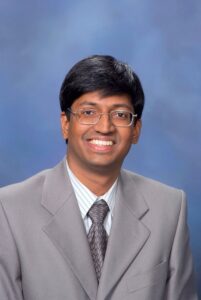



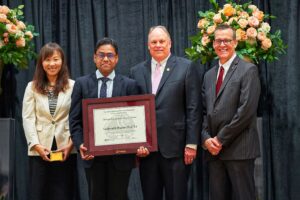 Congratulations to our May 2023 Doctoral Graduate Sambandh Dhal for The Association of Former Students Association of Former Students Distinguished Graduate Excellence in Research Doctoral Award!
Congratulations to our May 2023 Doctoral Graduate Sambandh Dhal for The Association of Former Students Association of Former Students Distinguished Graduate Excellence in Research Doctoral Award!

 Thank you advisors Dr. Ulisses Braga-Neto and Stavros Kalafatis!
Thank you advisors Dr. Ulisses Braga-Neto and Stavros Kalafatis!

